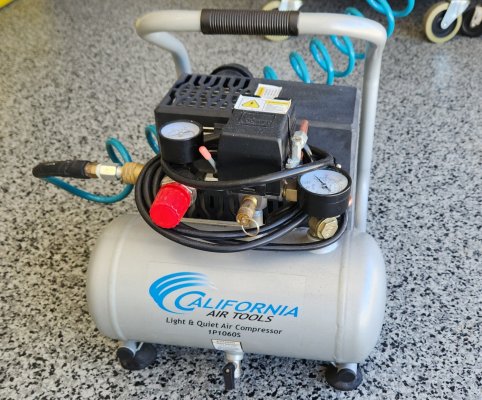Well I agree, and If we’re going to make a point about gas purity standards; then no gas is “pure”, there is no such thing as a “pure” gas, which is why I put “pure” in quotation marks and referred to this “pure” gas that everyone speaks of as “straight”. Maybe you could come close in a scientific laboratory in a tiny volume strictly for experimental purposes, but even then I doubt it, most gas used scientific (read: highest purity, aka UHP*) research and laboratory precision testing usually has the impurities accounted for.
The same can be said for both industrial and medical gas classes. No grade of gas, neither industrial, UHP (ultra high purity*), or medical is 100% pure. Likewise, even medical oxygen and what is dubbed as “breathing air” is NOT 100% pure. Generally, the standard for industrial grade “purity” is >99.9995%, but could be higher or lower depending on the particular batch. Each batch of air separated nitrogen is analyzed and given a COA. Similarly, medical and other UHP standards are, as you suggest, more stringent. The exact percentage can vary, but again generally we’re looking at >99.99990% or higher in that regard. Said all that to say, that no gas is pure. It doesn’t exist, therefore it should be referred to as straight nitrogen.
So while yes, we’re talking about tires, actual industrial nitrogen “purity” is still pretty good, and if we’re taking the advantage vs disadvantage of nitrogen in tires to a scientific level, then roughly 22% difference in nitrogen content in “straight n2” versus atmospheric air *could* make a difference if each tire was filled completely with n2.
One interesting point mentioned above is the atmospheric air residue in the tire which would make it impossible to fill with 100% straight nitrogen. I suppose this could be a factor, but also believe that the tire could be purged out with n2 via the valve stem if the tire was already mounted on the wheel. That I’m not too sure about, but if anything it would reduce the percentage of atmospheric air to a lower amount, even if not 100%.
Of course, I do not disagree that the benefits are, or could be, at best, negligible — which I made a point to emphasize in the post. I suppose the factors and variables in each particular application could provide more or less “benefit” of n2 filled tires. There is a reduction of friction between the tires and road with the lighter gas, and a noticeable difference could rely on many factors, but one possible variable is that much larger tires, such as heavy A/T off road tires or medium and heavy duty truck tires may benefit more from n2 fills than our Tahoe’s.
But one point that I would like to add, for the cost of the fill of that n2 tank, I spend roughly .36 cents for a full tire fill @ 40 psi. If a gas station compressor costs you 1.25, for filling surely less than 40 psi, then over the years there is actually more potential to save money from paying to use gas station compressors, or even buying a portable air pump which I had mentioned in another thread vs. saving money from better gas mileage. Add in the convenience factor of being able to fill any tire, to any psi, in literal seconds is another reason why I have the rig, but hey, to each his own.
If you really want to experiment with better gas mileage, you could try filling your tires with helium… of course, remember to take out an SBA before you go




